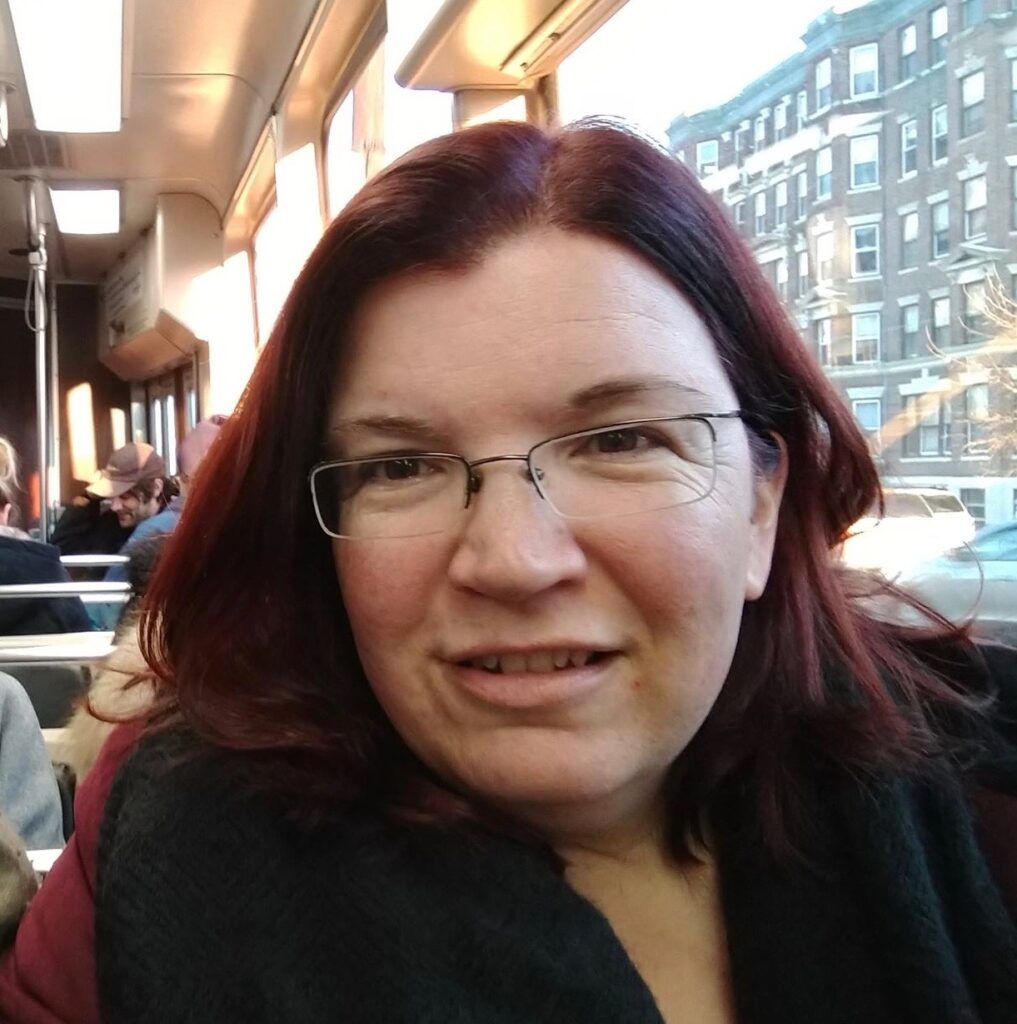Nashua, New Hampshire

I was born in NYC and lived in the New York metro until I was 10 years old. My family moved up to New Hampshire, and I ended up graduating from high school in Durham. I then went to the Berklee College of Music in Boston and was able to earn my degree in music education.
I loved living in and working in the Boston area. Although improvements are needed for the MBTA, it was nice to live in a city with a robust transit system. However, the issue with living in Boston is the high cost of housing. Housing was so expensive, it made it impossible for me to stay there. We eventually moved up to Nashua, New Hampshire because the cost of housing was within our budget. Being only 43 miles from Boston, I figured it would be easy to take public transportation from Nashua to my job in music education in Boston. Boy was I wrong!
I was shocked to learn that the MBTA commuter rail doesn’t extend to Nashua. If I wanted to take the train in Boston, I had to drive 12 miles south to Lowell, MA (which ends up being about a 45-minute drive) and hop on the commuter train. There is a commuter bus that goes directly from Nashua and Boston; I decided to try that out as a viable option. I soon found out, given how car-dependent our transportation infrastructure is, that with the traffic it would often take over two hours just to commute one way via commuter bus.
I decided to speak up about this issue, and I got very involved in a local effort to extend the commuter rail line into New Hampshire. All the satellite cities to Boston, like Providence, Worcester, and Dover, NH, have it. Any polling that was done on this issue showed that the public wanted regional rail. I was devastated when we lost our campaign because I would’ve continued to work in Boston if there had been regional rail. I loved that job, but without good public transit access and given our inability to afford a home closer to the city, I had to stop working there.
We also need to invest more in Nashua’s local bus service. Even though our buses are modern and nice, we desperately need more frequency overall and reconfigured bus routes. The routes that run at night are very limited. Also, the buses run on circular routes, instead of linear routes along the main arterials, making it difficult to manage how to get around town quickly and efficiently. Again, the system in Nashua has improved, especially if you are a senior and need to go shopping during the day, but we need to do more so that the system runs more frequently for families that need public transit to get back and forth to work, daycare, etc.
Without a doubt, now is the time for Congress to invest in our communities and the future of our planet by throwing its support behind more funding for transit operations.
